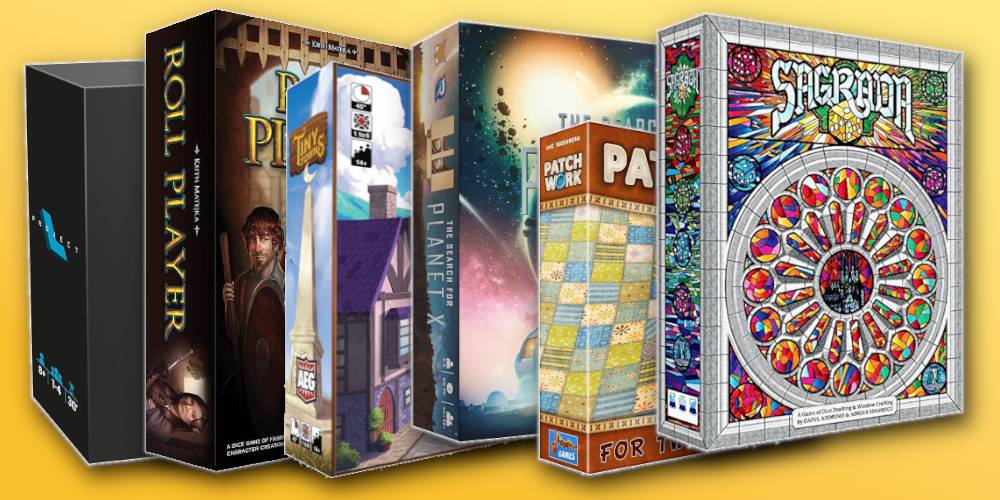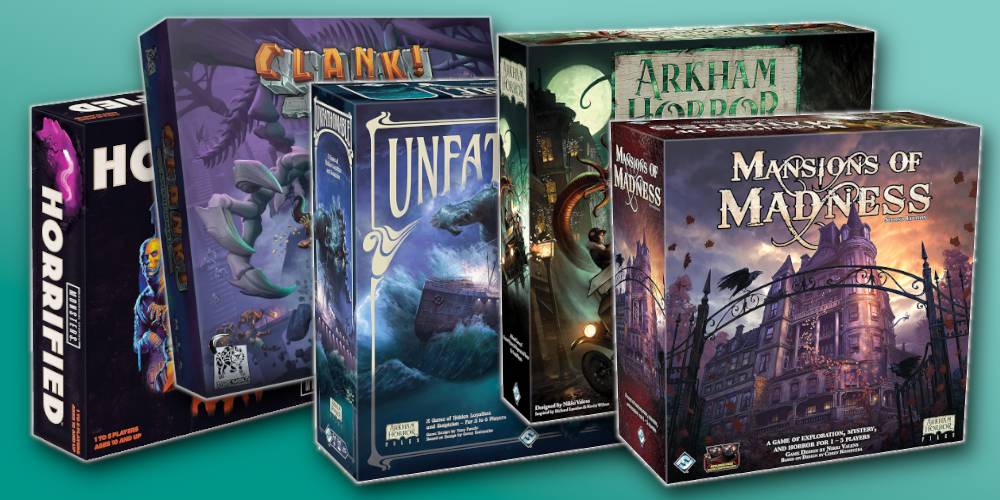Tip 1: Pick the Draconic Bloodline for Your Sorcerous Origin
YourSorcerous Origindefines how your character came to acquire their powers. There are two Sorcerous Origins in the Player’s Handbook, with additional ones made available with subsequent releases that opened up more options for adventurous players.
As a beginner, we recommend sticking with the base two. While the flavor text for these two makes assumptions about your character’s origin, feel free to work with your DM to create a backstory that suits your character while keeping the mechanics of the listed Origins.
Related:How to Be a Good D&D Player: Tips That’ll Make DMs Love You
If you want to play your Sorcerer in a pretty straightforward way, theDraconic Bloodlineis the best Sorcerous Origin to pick. Not only does it increase your AC when you’re not wearing armor, but it also gives an extra hit point every time you take a level in Sorcerer.
When you pick this bloodline, you also get to pick which type of dragon your ancestors were. We recommendBrass,Gold, orReddragon origins, as these offer resistance to fire damage at sixth level.
Fire is one of the most common elemental damage types, so these bloodlines will come into play more than some of the others.
Tip 2: Wild Magic Is Fun But Make Sure You Understand the Risks
For those who want to add a little chaos to the mix, there’s theWild MagicOrigin. With this one, any time you cast a spell of 1st Level or higher, the DM can have you roll a d20—and if it comes up as a 1, you’ll have to roll on theWild Magic Surgetable.
Wild Magic Surge produces a random side effect, like regaining all of your Sorcery Points, turning into a potted plant, or summoning a unicorn that’s under the DM’s control.
You can see the full Wild Magic Surge tablehere.
In return for giving up some control of your character, you get access to one of the most important resources in D&D:luck.
Wild Magic Sorcerers have abilities that allow them to give themselves Advantage on almost any roll, but always for a cost—the Wild Magic Surge table is always looming over these characters, threatening to derail their most carefully crafted plans and strategies.
This Sorcerous Origin can be a lot of fun, but it isn’t for the faint of heart since you’re effectively relinquishing control of your character’s powers to the hands of fate. As such, we don’t recommend this feature for beginners unless you have an experienced DM who can guide you well.
Related:Useful D&D 5e Spells You Shouldn’t Overlook
Tip 3: Consider Your Focus Before Picking Any Spells
While Wizards get to prepare bonus spells each day if they have a high Intelligence score, Sorcerers are stuck with a far more limited number ofknown spellsthat they can’t change until they gain a level.
As a result, you need to give careful consideration to every spell you pick—you’ll be stuck with them for the entire level. So, in that case, which spells should you consider as a Sorcerer?
If you want to deal lots of damage, consider takingBurning Hands,Magic Missile, orWitch Boltat 1st Level.
Sleepis a great option for characters who want to incapacitate groups of enemies, but it doesn’t scale as well at higher levels as spells that inflict damage.
ShieldandMage Armorare great 1st Level spells for Sorcerers because they help compensate for their light armor and low hit points.
Other spells likeDetect MagicorComprehend Languagesare good, but you should hold off until at least second level. Your first level is all about survival, so take spells that can keep you on your feet and in the fight.
Related:The Most Overpowered D&D 5e Spells, Ranked
Tip 4: Get Used to Using Sorcery Points
As a Sorcerer, your spell slots are far more limited than Wizards. However, you can use the arcane power coursing through your veins to regain your depleted spell slots on demand.
At second level, Sorcerers gain access toSorcery Points. When you run out of spell slots to use, you can use Sorcery Points to buy them back. Expended Sorcery Points are regained at the end of each long rest, so be sure to space them out throughout the adventuring day.
Sorcery Points also grant access to powerfulMetamagicoptions. Starting at third level, Sorcerers can apply one of their chosen Metamagic feats to any eligible spells that they cast.
Related:Common D&D Newbie Mistakes You Shouldn’t Make
Which Metamagic options should you pick?It heavily depends on what kinds of spells you plan to cast.
If you’re specializing in Area of Effect damage spells,Careful Spellallows allies in the blast radius to automatically pass their saving throws. If you simply want to maximize your damage output,Empowered Spelllets you reroll some of your damage dice and hope for a better result.
One of the more fun but situational Metamagic options isTwinned Spell, which lets you cast two versions of the same spell at two different targets, provided the spell usually only targets one creature at a time.
This means extending the use of spells like Charm Person and Witch Bolt beyond their usual use. Coupling this feature with spells like Crown of Madness can completely change the tide of battle, so don’t overlook it!
Read next:The Best D&D YouTube Channels for Players and DMs Who Want to Be Better



![]()































